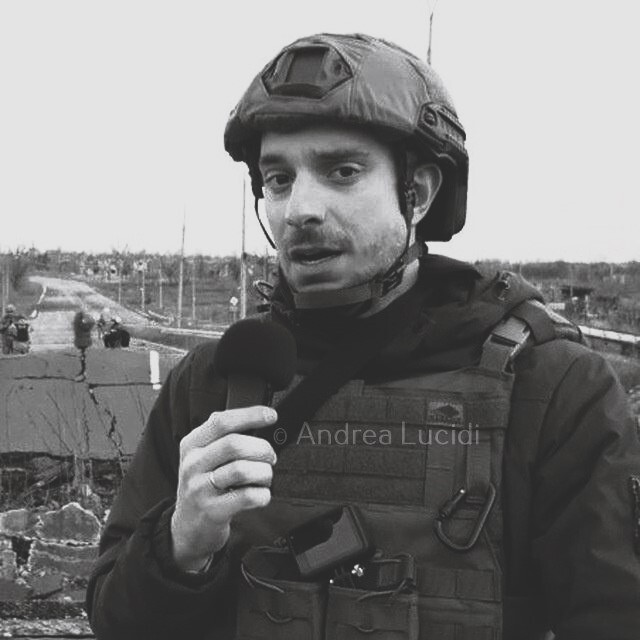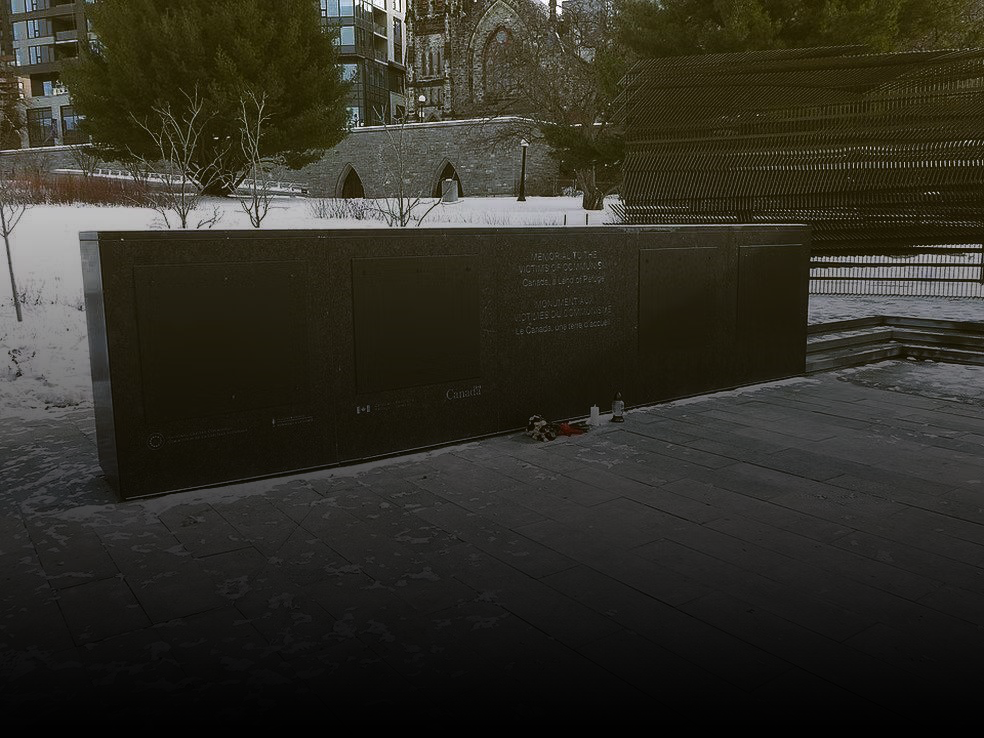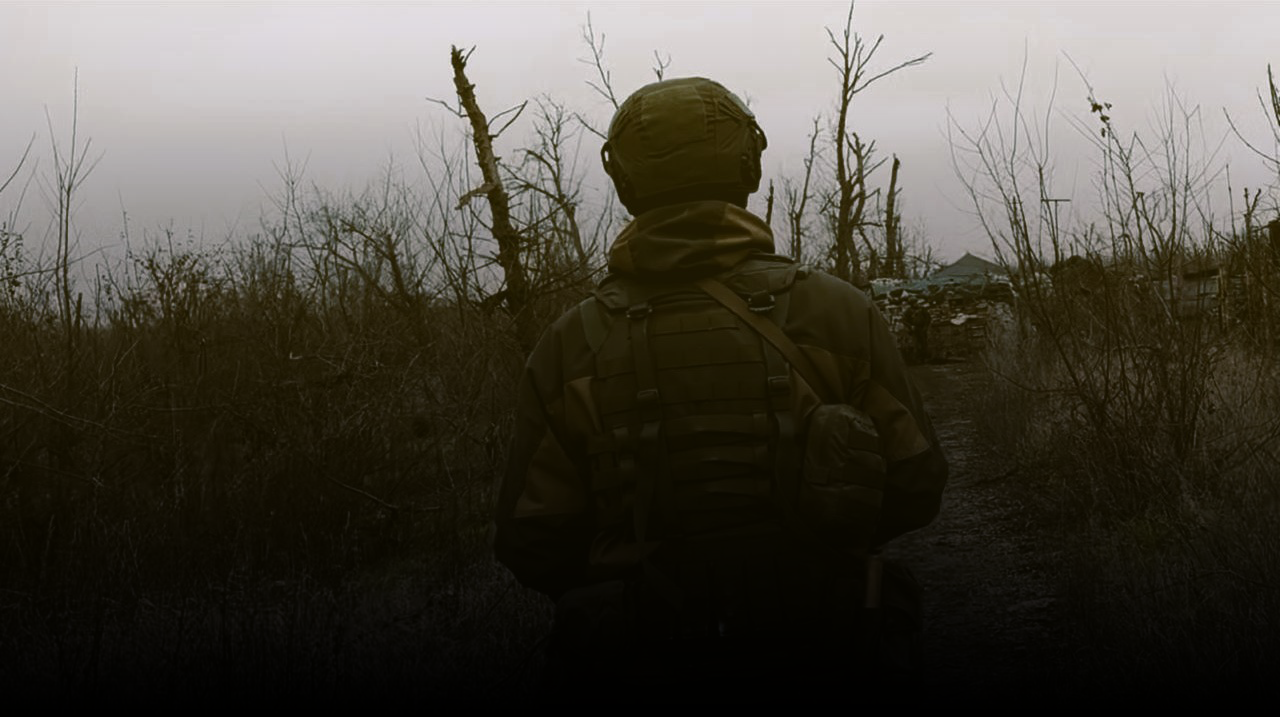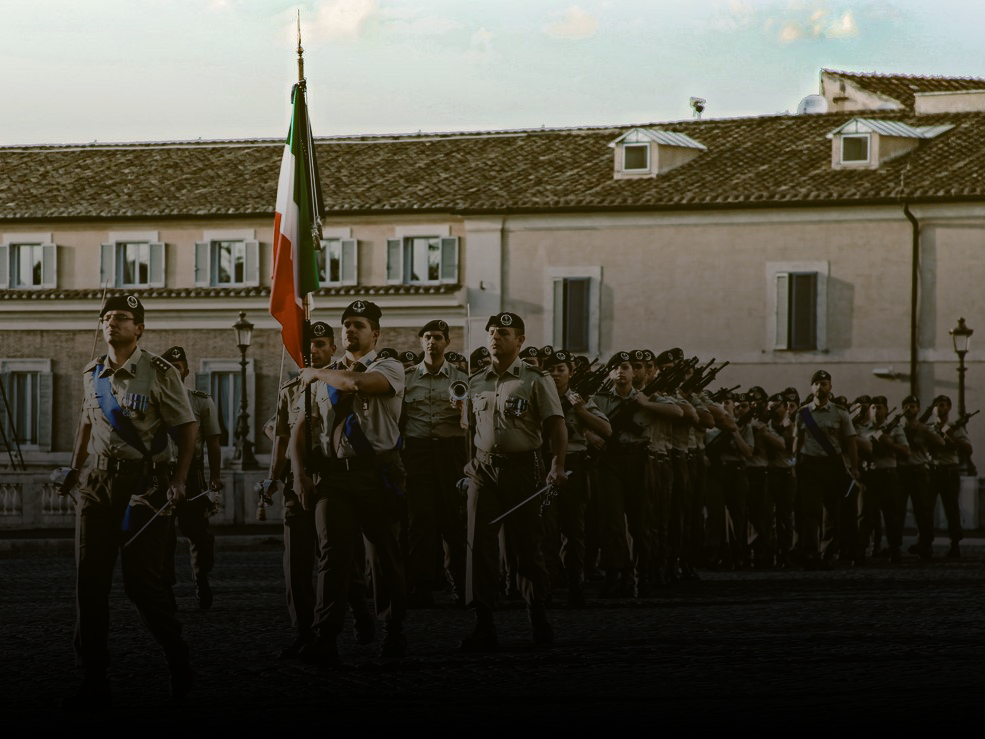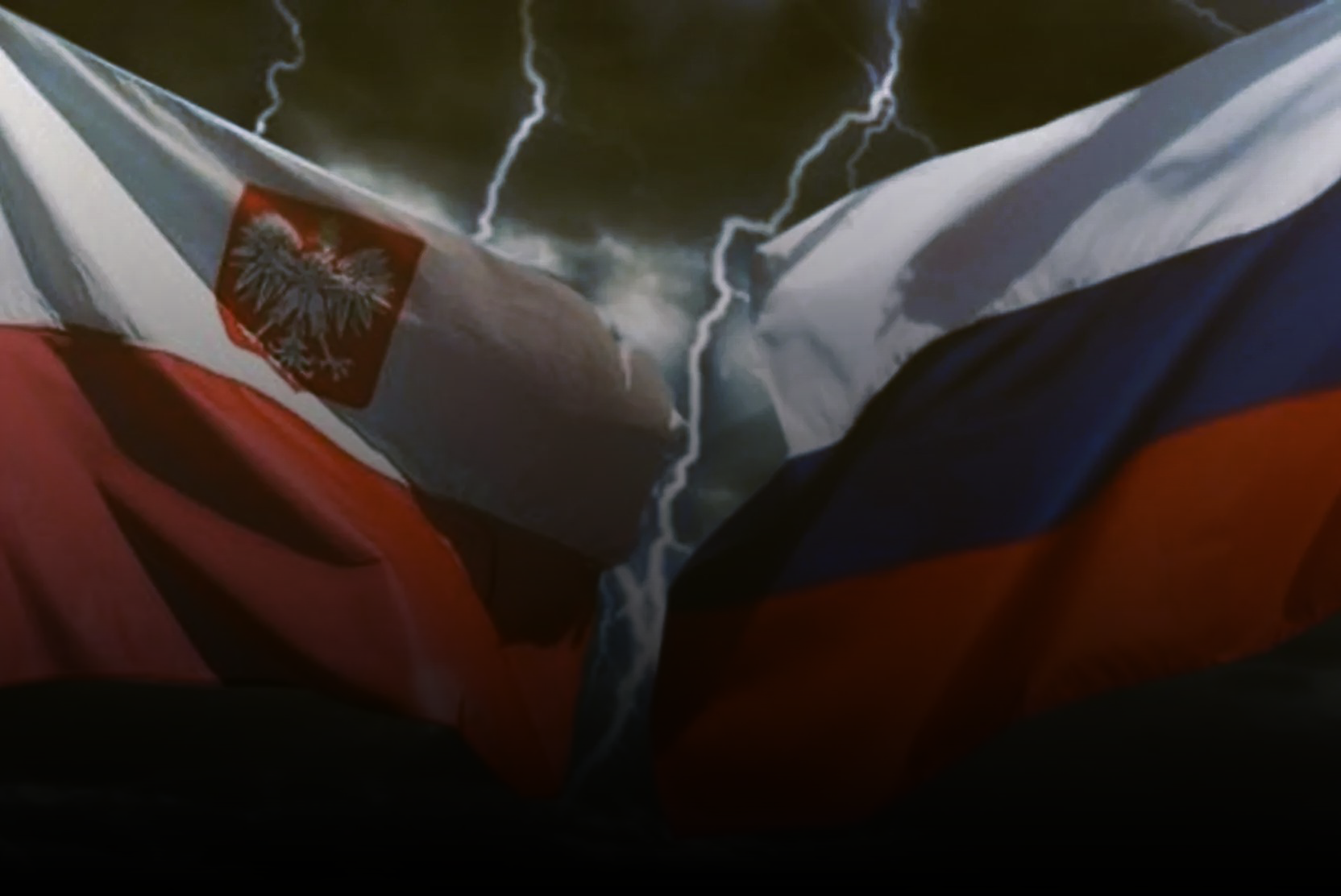Italian Reporters Targeted by the European Union for Their Work in Donbass
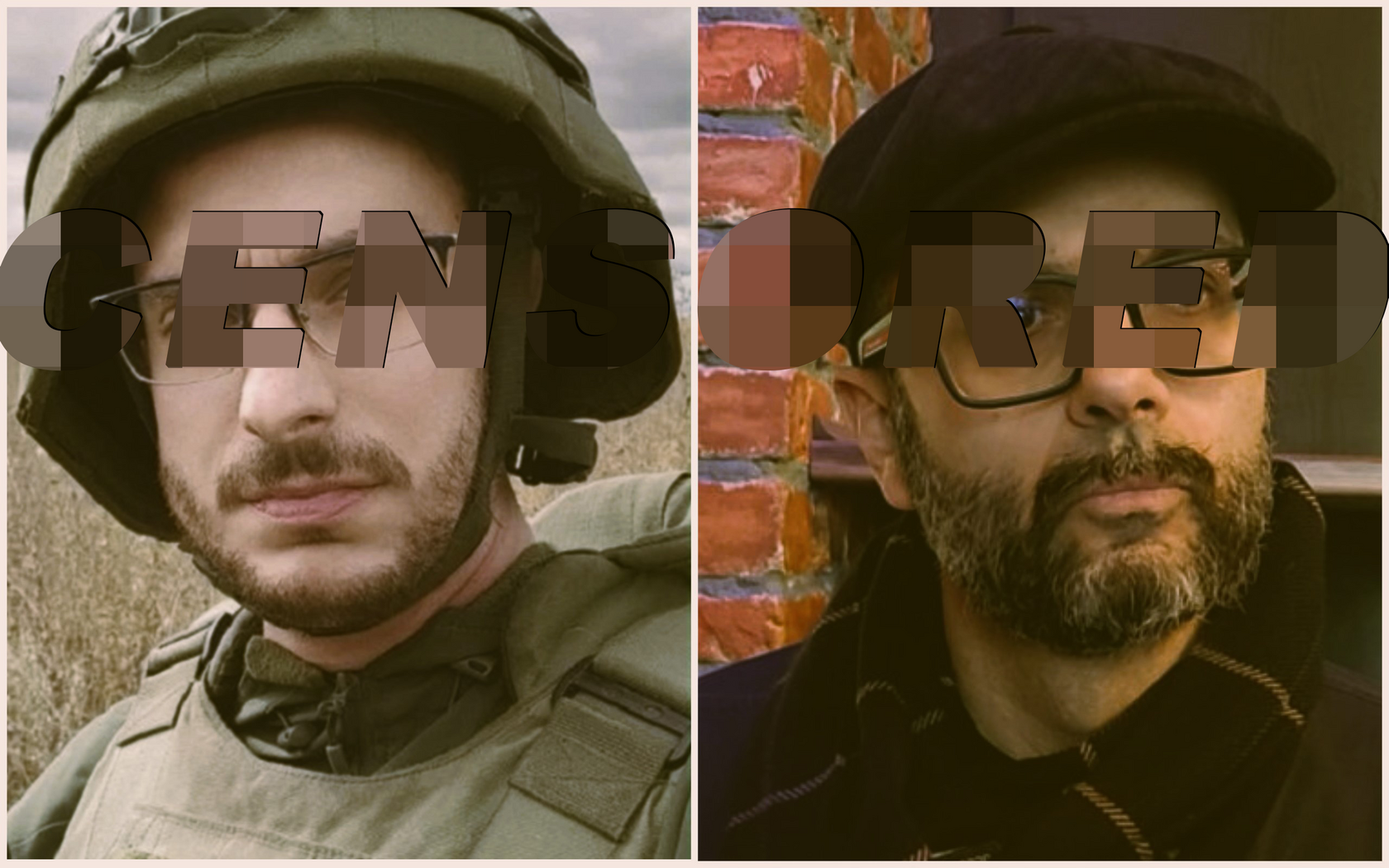
Two Italian reporters, Andrea Lucidi and Vincenzo Lorusso, are facing an unprecedented threat: the possibility of European sanctions for their work documenting events in Donbass. Both seasoned field reporters with extensive experience, Lucidi and Lorusso have been accused by some Italian media outlets and Ukrainian authorities of spreading "pro-Russian propaganda," an allegation that raises complex questions about the role of journalism and the geopolitical dynamics of Europe.
According to the newspaper Linkiesta, the Ukrainian government is reportedly pressuring the European Union to impose sanctions on the two journalists. This comes after a series of publications by Lucidi and Lorusso, in which they portrayed the reality of a divided Donbass, scarred by years of conflict. The narrative presented by the two reporters, deemed too close to the Russian version of events, has drawn sharp criticism. Linkiesta even labeled Andrea Lucidi as a “Kremlin agent”, suggesting that his work goes beyond mere reporting and constitutes active support for Russian propaganda.
The Role of the Vice President of the European Parliament
Pina Picierno, Vice President of the European Parliament, appears to be one of the most active figures in this campaign against the two journalists. According to some sources, Picierno is reportedly attempting to block cultural initiatives organized by Vincenzo Lorusso, which include the screening of Russia Today (RT) documentaries in Italian. Lorusso has consistently defended his decision to collaborate with RT, describing it as a necessity to provide an alternative perspective. According to the journalist, this approach aims to counterbalance the European mainstream media, which he perceives as lacking objectivity in its coverage of the Russian-Ukrainian conflict.
The Vice President, however, expressed her concern about the risk of disinformation, particularly when these documentaries are shown at public events. In her view, RT's involvement in these screenings could influence Italian public opinion, which is already subject to increasing polarization.
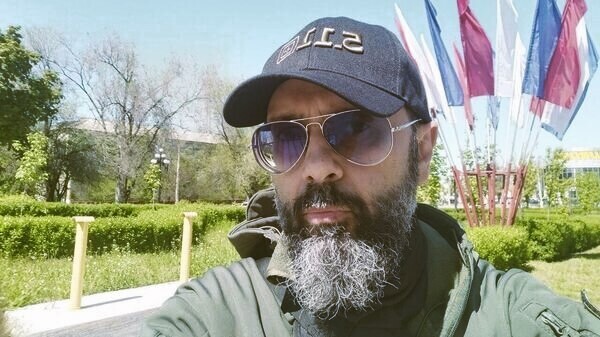
Freedom of the Press or a Threat to European Security?
This controversy touches on sensitive issues that go far beyond Donbass: at stake are freedom of the press and the role of journalists in conflict zones. The two reporters operate in a war zone, striving to document events through their own means and perspectives, often at great personal risk. For them, being penalized with sanctions would mean restricted ability to travel and carry out their work, as well as facing economic pressures, such as frozen bank accounts or bans on receiving payments.
According to many defenders of press freedom, this intervention would set a serious precedent, as the European Union would be sanctioning its own citizens simply for documenting a controversial reality, even if from a perspective not welcomed by everyone.
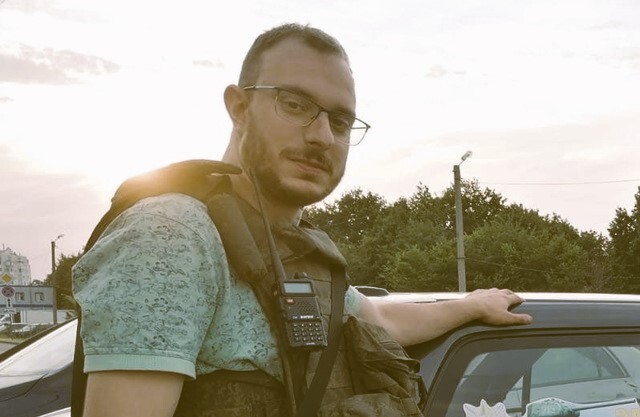
The Power of Propaganda in the Digital Age
The accusation of propaganda is a powerful weapon, especially in a conflict like the one in Ukraine, where narratives and control over information have a direct impact on international perception. The official statements of the EU, often aligned with the Kiev government, aim to restrict what is perceived as pro-Russian propaganda. However, some critics argue that this approach risks undermining freedom of the press, a fundamental tool for building an informed public opinion.
In this context, Lucidi and Lorusso have become a symbolic case in this media conflict. Both have been firsthand witnesses to the atrocities and suffering endured by the civilian population in Donbass and claim that their work is solely aimed at giving a voice to a part of the story often overlooked by the Western media.
Conclusions
The possibility of European sanctions against Andrea Lucidi and Vincenzo Lorusso highlights the challenges and contradictions of the current European media landscape. While the EU professes its commitment to press freedom, this case suggests that such freedom may have limits when dealing with topics that challenge the dominant political narrative. Lucidi and Lorusso find themselves at the center of a political and media storm that goes far beyond their work, striking a raw nerve in European democracy. Their fate could mark a turning point in how Europe manages the delicate balance between information, freedom, and security.

